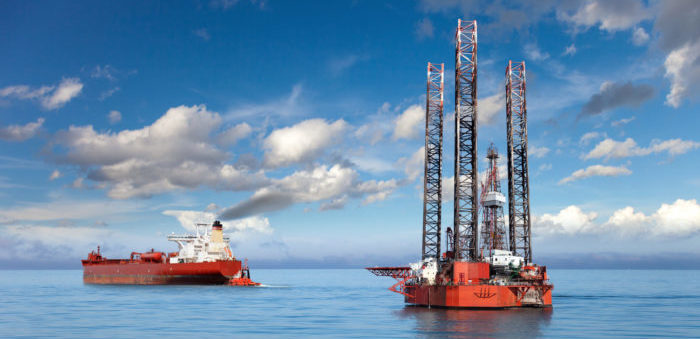Euronav highlights its strong 2019 start in the maritime industry and its support to the IMO 2020 regulations. The key options on the table to becoming compliant are scrubbers and compliant fuels, including low-sulphur fuel and alternative marine fuels such as LNG, LPG or even methanol.
Yet, the dilemma is having to opt for between exhaust gas cleaning technology and compliant fuels.
[smlsubform prepend=”GET THE SAFETY4SEA IN YOUR INBOX!” showname=false emailtxt=”” emailholder=”Enter your email address” showsubmit=true submittxt=”Submit” jsthanks=false thankyou=”Thank you for subscribing to our mailing list”]
As CEO of Euronav stated, the world of bunkering is changing. He supported that if people will buy desulphurised products, they will need quality assurance.
Moreover, Rodgers expects big differentiation in prices globally, depending on location and timing of purchasing bunker fuels. Consequently, people should focus on providing fuel that is reliable and of good quality.
Generally, Rodgers wasn’t in favour of scrubbers. He had concerns regarding the returns on investments as well as environmental impacts, mostly because of open-loop scrubbers.
Specifically, many are the ports, such as Fujairah and Singapore, that are banning open-loop scrubbers.
If you’re going to have to re-segregate the whole industry to cope with the sulphur as a critical element in the characteristics of your crude oil and its products, all its products then obviously you’re going to have to change the way that you operate and segregate and the way you buy and the way that you sell. So this is coming. It’s not a question of whether it will come and then question is, which quarter will impact in.
In the meantime, Rodgers also commented on the fact that Euronav saw the return of strong freight rate market.
He continued stating that VLCC trading performance in Q4 2018 gives an insight in the structure of the large crude tanker market.
VLCC freight rates trading at rates not seen in the last two years demonstrate an already tight balance between tanker demand and supply.
The factors providing these advantages are likely to be continued in the future.
In conclusion, according to Euronav, the factors for its rising freight market rates are mostly OPEC barrels, rising U.S. exports and record Chinese imports.




























































